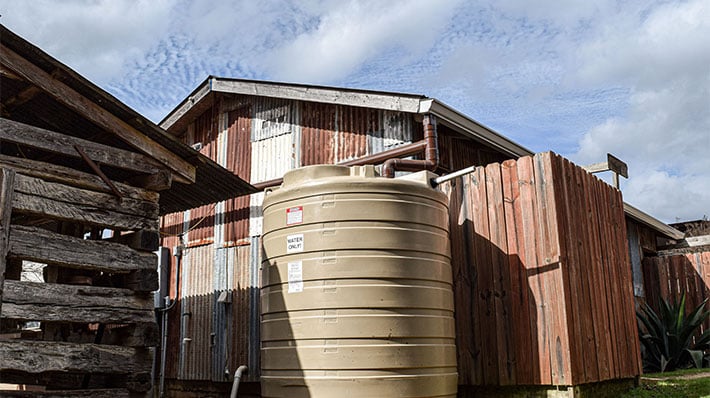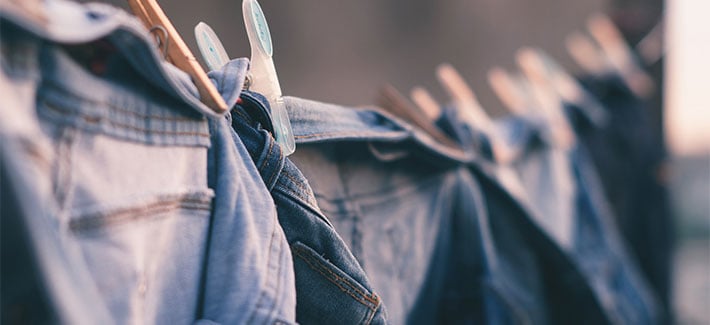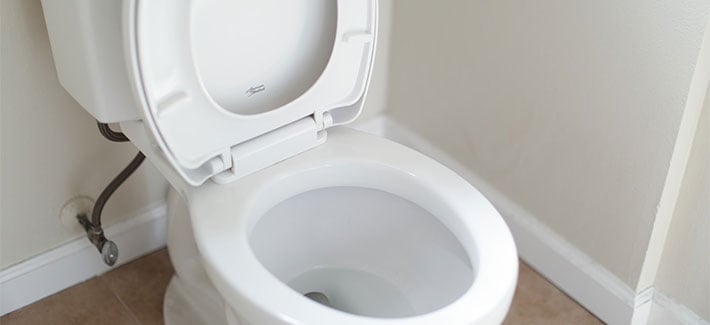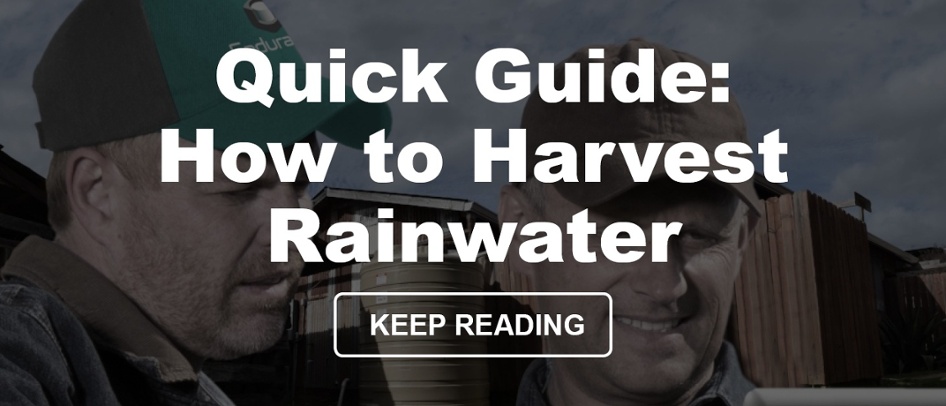
Water is a precious resource and conserving it is critical. One of the best ways to conserve rain water is by harvesting it for household use. In this post, I'll go over a few ways you can use both potable and non-potable water in and around your home.

Potable Uses
Bathing
After treatment, rainwater is acceptable for bathing or showering both people and pets. Chemical treatment is a popular way to ensure there is no harmful bacteria in the rainwater. In addition to this, boiling the water is a good way to get rid of any impurities and you will have warm bathing water as a result!
Cooking and Drinking
"Can rainwater be used for drinking and cooking?" Yes, rainwater is safe for drinking and cooking, as long as you take the precautionary measures necessary to filter and purify the water. I've found that it is best to both filter the water [capture pollen, dust and mold etc.] and boil it to remove any harmful impurities.
Related Content: Will a Black Tank Make Your Water Hotter?
Washing
Rainwater can be used for washing clothes, but there are a few steps you will need to take to ensure it is safe. To begin, filtering the water to strain out any pollen, dust or mold is recommended. At this point, the water is technically safe to use for washing. However, you may feel the need to ensure there is no harmful bacteria still lingering in the water. Chlorine may seem like a risky idea at first, but there are a couple ways to make sure the chlorine does not adversely affect the clothing being washed.
It is important to know that chlorine evaporates quickly because it is extremely volatile. The process of allowing chlorine to evaporate is quite simple; all you need to do is pour the correct amount of chlorine into your tank and leave it uncovered for a sufficient amount of time. The chlorine will naturally evaporate and leave the water clean and bleach free.
Another method of purifying rainwater is by reverse osmosis. This process uses a permeable membrane to get rid of any impurities in the water. As water passes through the membrane, all chlorine and contaminants in the water will be left behind.

Non-Potable Uses
Composting
Composting is an effective way to feed your plants or garden and keep the soil fertile. When preparing a slurry from your compost pile, water is very important because it aids in the decomposition process. You will have no issue using rainwater here.
Fire Prevention and Protection
For people who live in areas that are prone to wildfires, taking the necessary precautions in advance to guard against such an incident is important. One way you can ensure you are prepared is by collecting rainwater in a large storage tank. You will also need to install a pump that can help you access the rainwater when the need arises.
Water Features
Rainwater is ideal for filling outdoor ponds and other water features. However, if you have water features around your home with pumps that are susceptible to clogging, you should filter the rainwater you collect before using it on them to ensure it is free of any debris that can damage or ruin the pump.
Related Content: Enduraplas® vs 500 lb. Man
Watering Wildlife, Pets, and Livestock
If you have livestock or want to attract wildlife, your best option is to providing a watering hole. This can be as simple as a birdbath, trough or pond. Any rainwater you collect is suitable for your pets, livestock and wildlife.
Flushing Toilets
The amount of water that goes down the toilet in most households every day is raising an emphasis on the need for installing low-flow toilets. As much as a low-flow flushing toilet system may be worth investing in, you can save even more by connecting your rainwater harvesting system to your toilet cistern. If you intend to use rainwater for your toilet, you will need to filter it to remove any debris or particles that can block your toilet valves or discolor the water before it gets into your toilet's tank.
Irrigation
Whether you have an in-ground irrigation system or a simple hose and sprinkler, you can use the rainwater you collect to water your lawn or garden. To avoid clogging your sprinklers, I would recommend that you filter the rainwater.
I hope this post has helped you understand how you can use harvested rainwater in and around your home. If you would like more info about water storage and rain harvesting, feel free to subscribe to our newsletter. If you are interested in premium algae resistant water tanks, you can check them out here.


